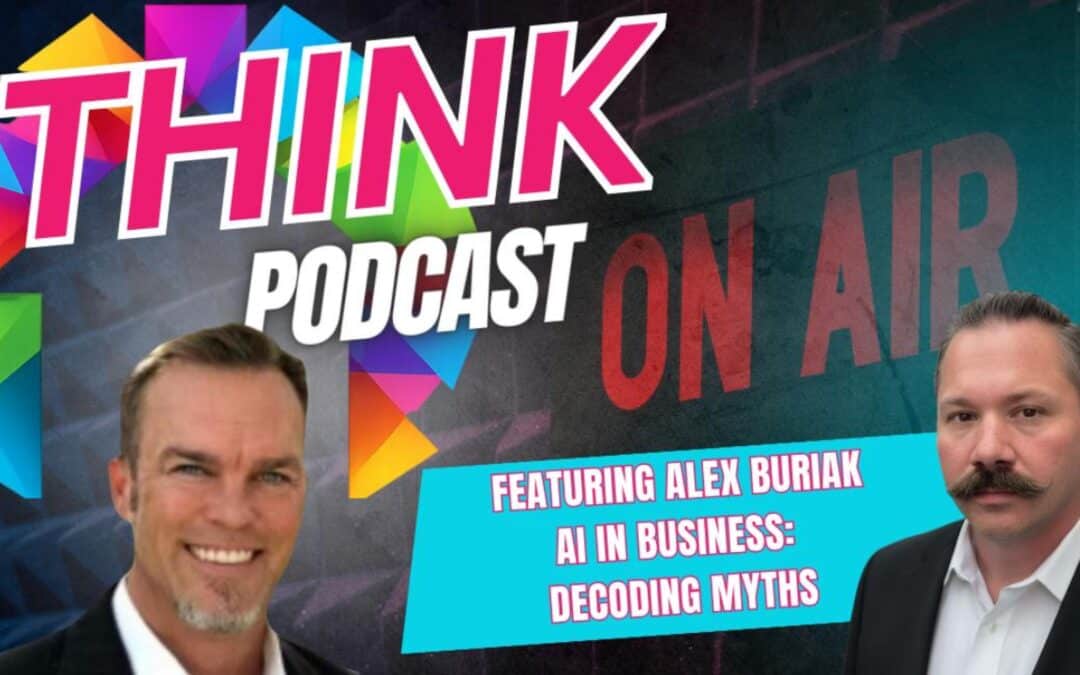Turn uncertainty into advantage with the right systems.
If you’ve been in the real estate game long enough, you’ve learned how to ride the waves. You’ve seen booms inflate confidence and downturns reveal what’s been held together with duct tape and denial.
But what separates you from the investors who fold when things shift? It’s not access to capital. It’s not even a killer lead funnel. It’s whether you’re building your business like an empire—one designed to outlive market trends, not chase them.
Right now, the winds are changing. If you don’t adjust your sails operationally, strategically, and culturally, you’ll be left wondering why your business feels stuck even when the deals keep flowing.
Let’s break down what’s shifting and how you need to adapt.
1. Operations Are the New Appreciation
For years, investors have relied on the market to do the heavy lifting. You bought right, rode the appreciation wave, and sold or refinanced with equity gains doing most of the work. But those days are tapering off.
In a high-rate, tight-spread environment, sloppy back-end systems get exposed. If you’re growing but your margins are shrinking, it’s not always the deal that’s the problem. It’s how your business is run.
You need to start treating your real estate business like a business. That means getting obsessive about process, clarity in team roles, and tracking real data (not gut feelings) across your projects. What’s your average cycle time per flip? How long does it take to move from lead to lease? What does it cost you to manage a property in-house versus third-party? If you can’t answer those questions cleanly, your empire isn’t built yet.
2. Leadership Isn’t Optional Anymore
If you’re running a team, even a small one, you’re leading—whether you mean to or not. When the market gets weird, your people start looking at you for more than answers. They’re watching how you move. They’re looking for consistency. Your leadership style will either unlock their potential or cap your entire business.
This market is exposing leaders who were really just high-performing technicians. You might be great at acquisitions or brilliant on spreadsheets, but if you can’t create a culture where your team knows where you’re going, why it matters, and how their role fits into the mission, you’ll struggle to scale.
The solution isn’t more hustle. It’s clarity. People don’t burn out because of work. They burn out because of confusion. If your team is worn thin or operating reactively, it’s not a motivation problem. It’s a leadership gap.
3. Your Sales Engine Needs a Tuneup
Let’s talk sales. Not just closing the deal, but attracting and converting the right people in every part of your business. That includes acquisitions, funding, tenant placement, and even hiring.
The truth is, buyers are slower to move. Lenders are more risk averse. Contractors have options. In this climate, your messaging matters more than ever. Are you communicating in a way that earns trust quickly, or are you still throwing out generic value props that sound like everyone else?
People don’t respond to noise. They respond to relevance. Whether you’re pitching a private lender or trying to bring on a site manager, you need to speak to the real pain they’re feeling and show that your business is structured to solve it.
That starts with crafting one clear message and sticking to it. A confused prospect won’t convert. A confused contractor won’t show up. And a confused investor won’t wire the funds.
4. The Right People Are Your Only Real Moat
You’re not going to out-tech the hedge funds. You’re not going to underbid the rookies who haven’t learned the hard lessons yet. Your advantage is in your people and how well they’re aligned to your mission and your systems.
Right now, the labor pool in real estate is shifting. Good people are leaving bad companies. They’re looking for clarity, purpose, and stability. If you’re still treating hiring like a gut feeling or throwing people into roles without structure, you’re going to waste time and burn money.
Instead, build a culture where roles are clear, training is real, and performance is tracked. People want to win. They just need to know what game they’re playing.
And if you’re not sure how to hire the right people for your stage of growth, don’t default to cloning yourself. You don’t need another you. You need someone who complements your gaps and fits the system, not your personality.
5. Scale Isn’t the Goal—Sustainability Is
It’s easy to get swept up in the language of scale. More units, more flips, more acquisitions. But chasing scale without operational depth is like building a high-rise on sand.
The goal isn’t just to grow. It’s to build something that lasts. That means investing in back-end structure before you hit your next growth spurt. That means reviewing your metrics weekly, not when something breaks. That means documenting standard processes so the business isn’t dependent on your memory or inbox.
Ask yourself: If I took a month off, would my business grow, coast, or collapse?
If it’s not growing without you, it’s not a business. It’s a job with overhead.
Final Thought
This market is separating real investors from real operators. The industry is full of noise, but you don’t need more information. You need better execution.
When you build your real estate business like an empire—structured, sustainable, and led with clarity—you’re not just reacting to trends. You’re setting them.
So, stop chasing the wave. Build the boat. Then go out and lead.
























0 Comments